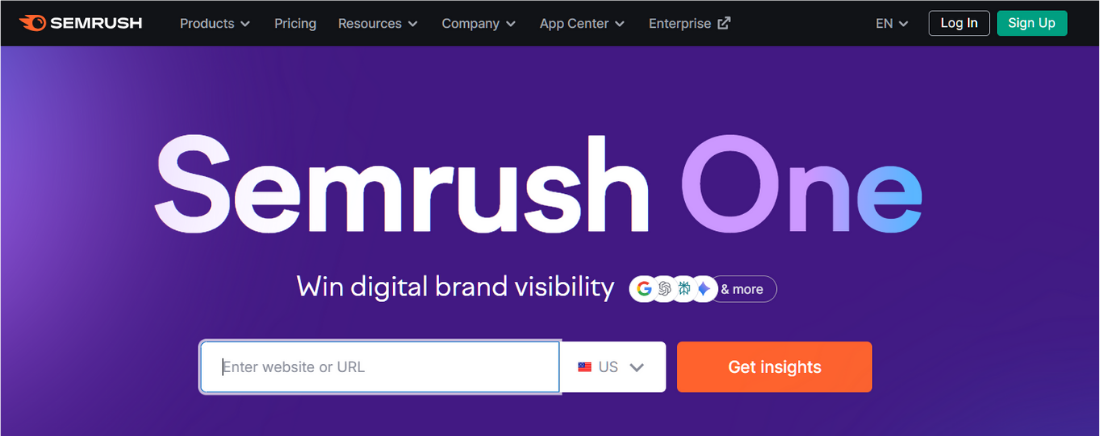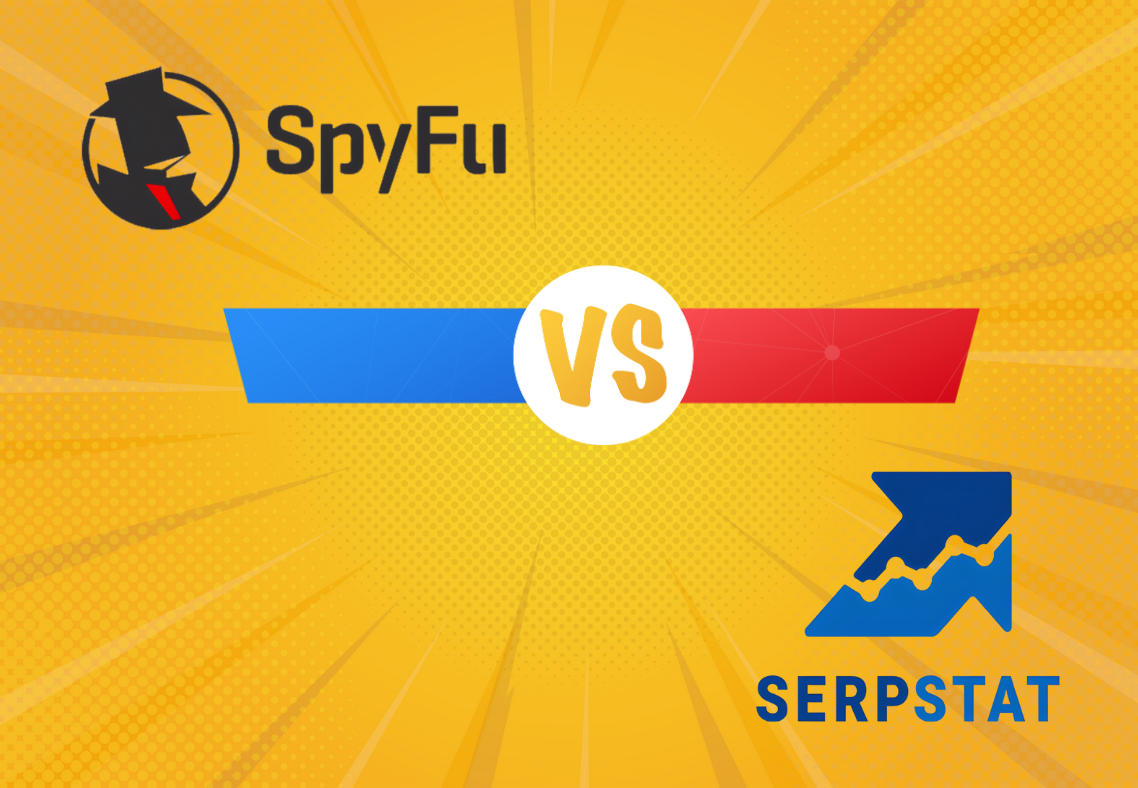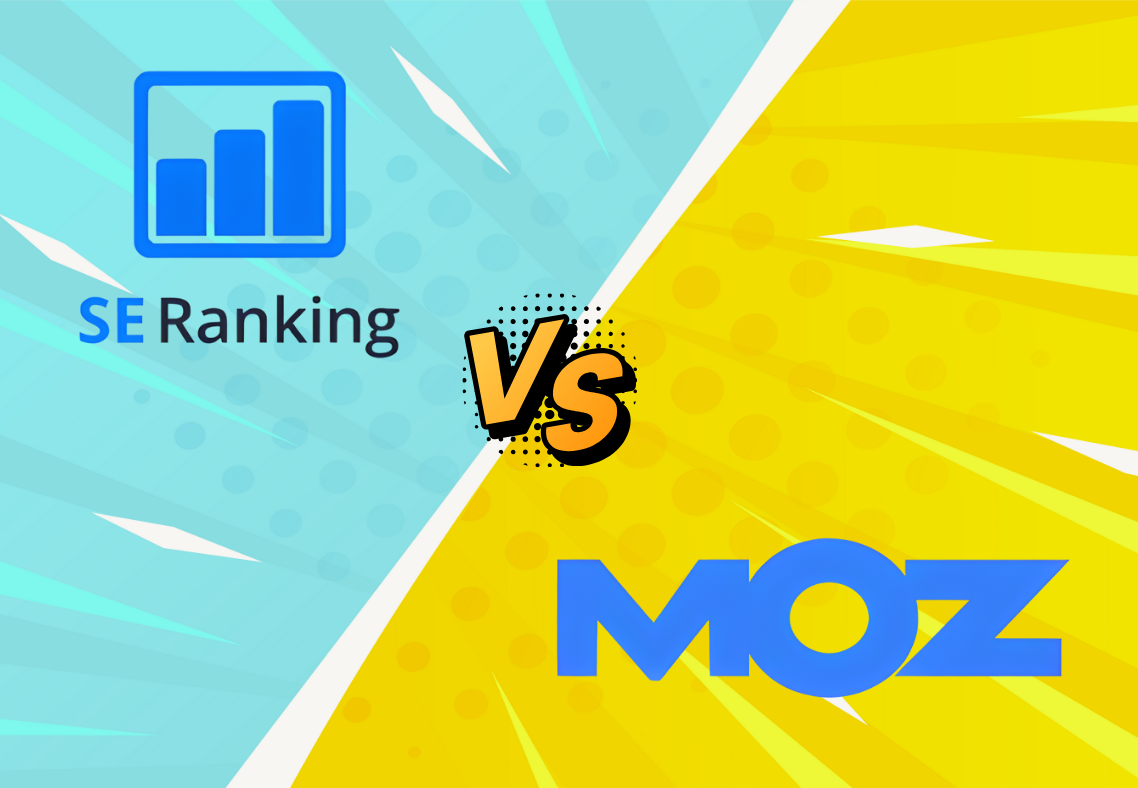On-page SEO is where you have the most control over how your website ranks on Google or any search engine.
Proactively addressing seo issues and technical seo issues early prevents the seo issues that could suppress impressions, clicks, and conversions.
The right on-page SEO tools turn complex, manual seo tasks into fast, repeatable improvements that drive consistent growth in organic traffic and conversions. With tools in 2025, tools make execution easier, provide actionable seo insights, and help you prioritize the seo actions that matter.
In this guide, we review the best on-page SEO tools for audit, optimization, and rankings in 2025, including WordPress SEO plugins, technical SEO tools, content optimization software, and site performance tools.
We also highlight where on-page and technical seo intersect with off-page seo through backlink analysis and entity signals.
You’ll find practical comparisons, real benefits, and recommendations for both beginners new to seo and SEO professionals leading a team of seo specialists inside broader digital marketing programs.
What Are On-Page SEO Tools?
On-page seo tools include (also called on-site SEO software) solutions that analyze and improve seo elements of your web pages that impact visibility, indexability, and user experience (UX).
These website optimization platforms not only enhance content quality but also strengthen your site’s seo foundations, producing comprehensive seo coverage across every aspect of seo.
They focus on:
- Content optimization tools: managing your target keyword, secondary variants, keyword difficulty considerations, LSI terms, semantic coverage, readability score, and content freshness.
- HTML & metadata: optimizing title tags, meta descriptions, header tags (H1, H2, H3), schema markup, canonical tags, URL structure, and image alt text, critical seo checks a dedicated seo checker can automate for maintainable templates and the best internal linking paths.
- Crawlability & indexability: validating robots.txt, sitemap.xml, internal linking, duplicate content, redirect chains, and HTTP status codes with a site audit tool or seo spider.
- Performance & UX: measuring Core Web Vitals, page speed, page load, mobile-friendliness, lazy loading, GZIP compression, CSS/JS optimization, and browser caching to support on-page seo performance.
Some tools are SEO plugins for WordPress, like All in One SEO (AIOSEO), an all-in-one seo plugin, Yoast SEO, and Rank Math, while others are cloud-based SEO audit platforms such as Semrush and Ahrefs, or technical crawlers like Screaming Frog and Sitebulb.
For research at scale, tools like Semrush combine discovery, audits, and reporting; Semrush’s keyword research tool and the keyword magic tool streamline ideation, seo data exploration, and different seo filters.
For content marketers, Clearscope and Surfer SEO use NLP-based content analysis and semantic vector representation to improve topical relevance, an ai seo toolkit approach that makes seo decisions more data-driven.
Pro Tip: The strongest 2025 stack blends plugin-level controls, a crawler-led on-page seo audit, semantic editors, and a performance optimizer, covering on-page and technical seo end to end while preparing content to surface in Google AI Overviews.
Why Are On-Page SEO Tools Important?
Optimizing manually is time-consuming. Modern on-page tools automate repetitive seo tasks, helping you focus on growth and performance. Here’s why they’re essential:
1. Higher topical relevance and keyword coverage
Tools analyze semantic SEO, entities, and intent, ensuring your target keyword and related phrases appear naturally. You can weigh keyword difficulty against potential value, then plan content and links accordingly.
2. Technically sound pages
Audit platforms catch broken links, redirect chains, rendering gaps, and HTML errors faster. By resolving technical seo issues surfaced by a site audit tool or seo spider, you prevent the seo issues that could hinder crawling and indexing.
3. Enhanced UX and engagement metrics
Improving Core Web Vitals and mobile-friendliness boosts UX, CTR, and dwell time. These fixes compound with smart internal linking to produce the best internal relevance signals across your hub-and-spoke architecture.
4. Data-driven SEO
Integrations with Google Analytics, Google Search Console, and rank trackers expose reliable seo data and seo metrics for diagnostics and reporting. This clarity helps teams pick the right seo actions and justify premium tools where impact is highest.
5. Better ROI
Automation reduces guesswork and accelerates seo efforts, enabling your team of seo practitioners to ship improvements that meaningfully strengthen your site’s seo.
How to Choose the Right On-Page SEO & SEO Audit Tool
1) Identify Your SEO Needs
- Content-first: Use content editors plus a WordPress plugin. Pair a semantic tool (e.g., Clearscope, Surfer SEO) with Semrush’s keyword research tool or the keyword magic tool to target queries with the right keyword difficulty profile.
- Technical SEO: Choose a site audit tool or seo spider (Screaming Frog, Ahrefs, or tools like Semrush) to find and fix technical seo issues quickly.
- Performance-focused: Add WP Rocket, then validate with PageSpeed/CrUX to protect on-page seo performance.
2) WordPress vs SaaS
- WordPress plugins: Best for on-page optimization, templates, schema, and internal linking governance.
- SaaS/Desktop suites: Better for multi-domain governance, backlink analysis, competitor diffing, and cross-site reporting that supports comprehensive seo in enterprise digital marketing.
3) Evaluate Key Features
- Smart meta editing and templating, programmatic schema, and internal linking assistance (best internal link suggestions).
- AI editors and an ai seo toolkit for briefs, outlines, and semantic depth.
- Robust crawl diagnostics, change monitoring, and an on-page seo checker for automated seo checks.
- Centralized reporting with Google Analytics and GSC to unify seo data and automate recurring seo tasks.
4) Ease of Use vs Depth
- If you’re new to seo, choose clean UIs with clear guidance. Advanced users should favor exportable data models, rules engines, and flexible prioritization queues to scale seo actions across content libraries.
5) Pricing & Integrations
- Free tools get you started; premium tools add scale, automation, and advanced reporting. Agencies often combine tools on this list to orchestrate on-page and technical seo in layered workflows aligned with their seo strategy.
6) Support & Updates
- Pick vendors who ship fast, aligning with Core Web Vitals changes and emerging surfaces like Google AI Overviews.
Top 10 Best SEO Tools for On-Page Optimization in 2025 (Comparison Guide)
Each of these tools helps you tackle a specific aspect of seo, from research and on-page seo audit to speed, internal links, and off-page seo guardrails.
1. All in One SEO (AIOSEO): WordPress All-Rounder
Best for: Bloggers and small businesses.
AIOSEO centralizes titles, metadata, schema, and internal linking workflows. It surfaces seo insights that improve on-page seo performance steadily over time.
Key features:
- Meta tag & title optimization
- Schema markup and structured data
- Local SEO module
- Redirect manager
- Content audit tool
- Internal link automation (for best internal paths)
Why it wins: A practical choice if you’re new to seo and want reliable governance that makes seo simpler inside the CMS.
2. Yoast SEO: Readability and On-Page Classic
Best for: Writers optimizing readability and fundamentals.
Color-coded guidance tools make quick audits easy, ensuring every template passes baseline seo checks.
Key features:
- Focus keyword analysis
- Meta description editor
- Schema markup
- Sitemap.xml generation
- Canonical tags
Why it wins: Straightforward onboarding for content teams and solo creators.
3. Rank Math: AI-Powered Optimization Plugin
Best for: Power users and technical specialists.
Rank Math blends manual control with an ai seo toolkit for briefs and suggestions, helping you target the right keyword difficulty segments.
Key features:
- Multi-keyword optimization
- Schema markup builder
- Redirect manager
- Local SEO and analytics
- AI SEO assistant
Why it wins: Advanced controls with generous free tiers—excellent for growing sites.
4. Semrush: A Complete Premium SEO Suite
Best for: Agencies and marketing teams.
Semrush delivers research, audits, and reporting in one place, ideal for orchestrating on-page and technical seo with complementary off-page seo workflows like backlink analysis.
Key features:
- On-page ideas, seo analyzer reports, and on-page seo audit modules
- Rank tracking and competitor analysis
- Content optimization and topic clustering
- Site performance metrics
- Semrush’s keyword research tool and keyword magic tool
Why it wins: A single source of truth for strategy, execution, and seo insights—one of the most complete premium tools among tools like Semrush.
5. Ahrefs: Deep Site Audit and Keyword Analysis Tool for 2025
Best for: Technical depth with strong research.
Ahrefs pairs robust crawling with research utilities to align target keyword selection, keyword difficulty, and backlink analysis.
Key features:
- Site audit tool with crawl visualizations
- Content gap analysis
- Keyword explorer
- Internal link tracking for the best internal structure
- Backlink data integration
Why it wins: Combines breadth of data with precise diagnostics for scaling seo efforts, widely trusted by seo experts.
6. Screaming Frog: Technical On-Page Audit Tool
Best for: Technical SEO professionals.
This desktop seo spider emulates search-engine crawling to find duplication, misconfigurations, and UX blockers.
Key features:
- Crawlability analysis
- Redirect chain detection
- Meta tag validation
- HTTP status code checks
- Exportable reports for bulk seo actions
Why it wins: Gold standard for surfacing technical seo issues quickly.
7. Clearscope: Semantic Optimization Tool
Best for: Content marketers focused on topical authority.
Clearscope acts like an editorial analysis tool, mapping semantic coverage and reading depth against competitors.
Key features:
- NLP-based content analysis
- Semantic vector representation
- Competitor outlines
- Content briefs
Why it wins: Raises content quality and depth—useful for Google AI Overviews readiness.
8. Surfer SEO: Data-Driven Optimization
Best for: Writers and content teams.
Surfer’s editor grades drafts and suggests improvements that make seo optimization measurable.
Key features:
- Content editor with scoring
- SERP analyzer
- Keyword clustering
- On-page analyzer
Why it wins: Converts complex signals into prioritized seo actions for editors.
9. WP Rocket: Speed Optimization Plugin
Best for: Core Web Vitals and UX.
Performance improvements compound with content and linking to lift on-page seo performance.
Key features:
- Caching and minification
- GZIP compression
- Image optimization
- Browser caching
- CSS/JS optimization
Why it wins: Non-developer friendly speed wins that strengthen your site’s seo.
10. Google Search Console: The Best Free SEO Tool for 2025
Best for: Every site owner.
GSC unifies canonicalization, coverage, and performance diagnostics, and pairs well with Google Analytics for consolidated seo data views.
Key features:
- Performance reports
- Coverage issues
- Mobile usability
- URL inspection
Why it wins: Essential baseline instrumentation for all seo efforts.
Summary: Comparison Table
| Tool | Best For | Core Features | Pricing | Free Version |
|---|---|---|---|---|
| AIOSEO | WordPress SEO | TruSEO, schema, link assistant (for best internal paths) | $49/yr | ✅ |
| Yoast SEO | Readability & meta | Focus keyword, snippet preview, baseline seo checks | Free / $99/yr | ✅ |
| Rank Math | AI optimization | Multi-keyword, redirects, schema, ai seo toolkit | $59/yr | ✅ |
| Semrush | SEO suite | Audits, ideas, analytics, Semrush’s keyword research tool, keyword magic tool | $129/mo | ⚡ Trial |
| Ahrefs | Deep audit | Crawl diagnostics, backlink analysis, keyword difficulty | $99/mo | ⚡ AWT |
| Screaming Frog | Technical audit | Seo spider, redirects, site health exports for bulk seo actions | £149/yr | ✅ (limited) |
| Clearscope | Content SEO | NLP briefs, semantic coverage, editorial analysis tool | $170/mo | ❌ |
| Surfer SEO | Content writing | Editor scoring, clustering, on-page analyzer | $49/mo | ❌ |
| WP Rocket | Performance | Cache, minify, lazy load—supports site’s seo | $59/yr | ❌ |
| Google Search Console | Tracking | Performance, coverage, mobile, integrates with Google Analytics | Free | ✅ |
Together, the tools on this list cover on-page and technical seo plus supporting off-page seo diagnostics, everything you need to scale seo efforts across a growing catalog.
Buyer’s Guide: Choosing the Right SEO Stack
- WordPress beginners: AIOSEO or Yoast + GSC + WP Rocket, simple governance if you’re new to seo.
- Content marketers: Rank Math or AIOSEO + Clearscope/Surfer for briefs, intent, and measurable on-page seo performance within your content marketing strategy.
- Technical SEOs: Screaming Frog + Ahrefs or tools like Semrush for deep audits, backlink analysis, and programmable seo actions.
- Local & multi-brand teams: Combine a plugin with a crawler and enterprise suite for comprehensive seo reporting and shared seo data.
- Agencies: Layer premium tools (Semrush, Ahrefs) with desktop crawlers and editors, then centralize reporting in GSC + Google Analytics.
Final Verdict: Recommended Stack for Top SEO Success in 2025
For most websites aiming at SEO success in 2025:
- Plugin: AIOSEO or Rank Math for on-page optimization, schema, and best internal link governance.
- Audit: Screaming Frog or Ahrefs for on-page seo audit, crawl diagnostics, and quick fixes to technical seo issues.
- Content: Surfer SEO or Clearscope as your ai seo toolkit and editorial analysis tool to calibrate target keyword depth and keyword difficulty.
- Performance: WP Rocket to safeguard UX and Core Web Vitals, key to sustained on-page seo performance.
- Tracking: Google Search Console + Google Analytics to unify seo data, evaluate seo actions, and report gains.
Remember: Tools make work faster, but unique angles, information gain, and unique seo insights in your content are what ultimately make seo win over time, especially as Google AI Overviews evolves.
FAQs
Q.1) What is the best on-page SEO tool for WordPress?
Ans: AIOSEO and Rank Math are top options; Yoast SEO is ideal for users new to seo who want reliable seo checks and editor guidance.
Q.2) Are there free on-page SEO tools?
Ans: Yes, Google Search Console, Yoast, Rank Math, and Screaming Frog (free up to 500 URLs). Pair them with GSC + Google Analytics for complete baseline seo data.
Q.3) How do on-page SEO tools improve rankings?
Ans: They surface seo issues, prioritize seo actions, optimize target keyword coverage, refine internal linking for best internal relevance, and boost Core Web Vitals, lifting on-page seo performance.
Q.4) Can AI replace manual SEO?
Ans: AI assists with briefs, clustering, and semantic checks (your ai seo toolkit), but human editors maintain quality, originality, and governance across on-page and technical seo.
Q.5) Which On-Page SEO Tool is Best for a Beginner?
Ans: Yoast SEO offers the simplest starting point. As your team of seo contributors grows, move to AIOSEO or Rank Math and consider tools like Semrush for research, keyword difficulty planning, and backlink analysis.








